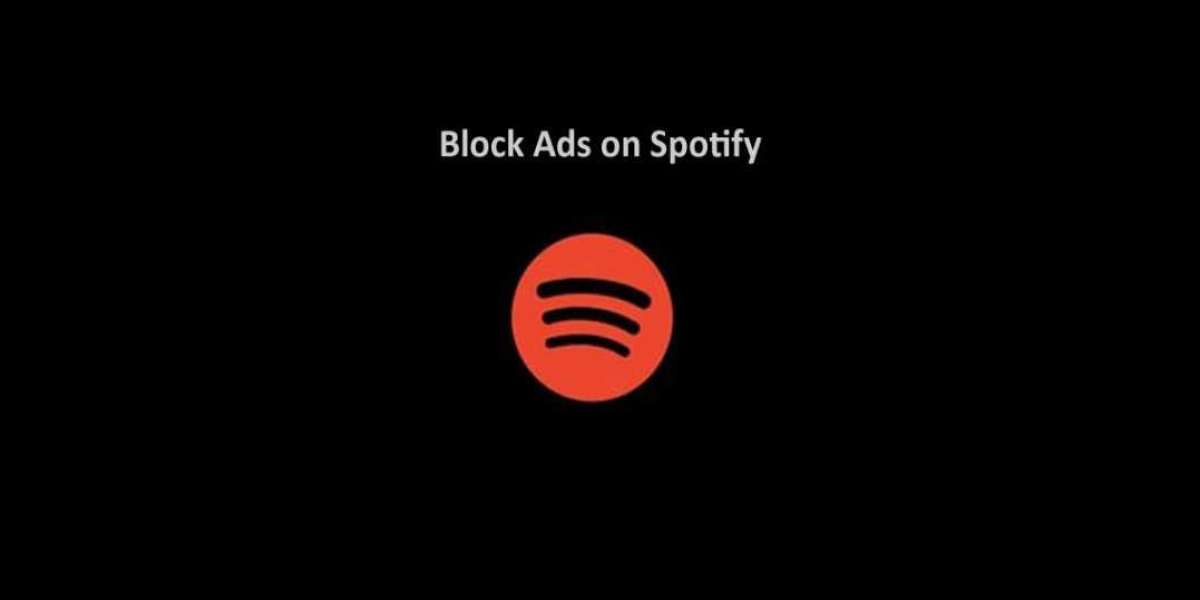Spotify, the music streaming giant, has revolutionised the way we consume music. With its vast library of songs and playlists, it has become an indispensable part of our lives. However, the constant interruption of ads can be a frustrating experience for users who opt for the free version of the platform. To combat this, a new player has emerged on the scene: the Spotify ad blocker. In this article, we will delve into the world of Spotify ad blockers, exploring how they work, their impact on the music streaming industry, and the ethical considerations surrounding their use.
Understanding Spotify Ads
Spotify offers a free tier of its service supported by advertisements. These ads can take the form of audio ads that interrupt your music, banner ads on the app, or video ads that play between songs. While these ads are essential for Spotify's revenue generation, they can be disruptive to the user experience.
The Emergence of Spotify Ad Blockers
Recognizing the user demand for uninterrupted music, developers created Spotify ad blockers. These software tools are designed to bypass or mute Spotify ads, allowing users to enjoy their music without interruptions. Some popular ad blockers for Spotify include EZBlocker, AdGuard, and Spotify Ad Blocker.
How Spotify Ad Blockers Work
Spotify ad blockers employ various techniques to silence or bypass advertisements. One common approach is to detect when an ad is about to play and then mute the audio, effectively silencing the ad while letting the music continue. Other ad blockers go a step further by removing the ad entirely, making it seem as if the ad never existed.
The Impact on the Music Streaming Industry
While Spotify ad blockers offer a solution for users frustrated with ads, they pose challenges for the music streaming industry. Spotify relies heavily on ad revenue to sustain its free tier and pay royalties to artists. Ad blockers threaten this revenue stream and could potentially lead to changes in how Spotify offers its free service.
Loss of revenue: When users employ ad blockers, Spotify loses out on advertising revenue, which is a crucial source of income. This may force the company to reevaluate its free tier or increase subscription prices for premium users to compensate for the loss.
Artist compensation: Reduced ad revenue can also impact artists and musicians. With less money flowing into the platform, royalties may decrease, affecting the income of the artists whose music is streamed.
Premium subscription pressure: To counteract the revenue loss, Spotify might increase the pressure on premium subscriptions, potentially making it less attractive for free users.
Ethical Considerations
The use of Spotify ad blockers raises ethical questions. While users have the right to enhance their experience, they must consider the consequences of their actions:
Impact on artists: Musicians rely on streaming platforms for income. Using ad blockers could potentially deprive them of their livelihood by reducing their royalty earnings.
Platform sustainability: Spotify's free tier is essential for attracting new users and introducing them to premium subscriptions. A decline in ad revenue could make it challenging for Spotify to continue offering a free tier.
Legal issues: Some ad blockers may violate Spotify's terms of service, potentially leading to account suspension or legal action.
Conclusion
Spotify ad blockers are a response to the frustration many users experience when dealing with ads on the free version of the platform. While they provide a solution for uninterrupted music, they also pose challenges to the music streaming industry, impacting revenue streams and artist compensation. Users should consider the ethical implications of using ad blockers and the potential consequences for the sustainability of the platform. As the battle between ad blockers and streaming services continues, it remains to be seen how the industry will adapt and evolve to address this issue.



